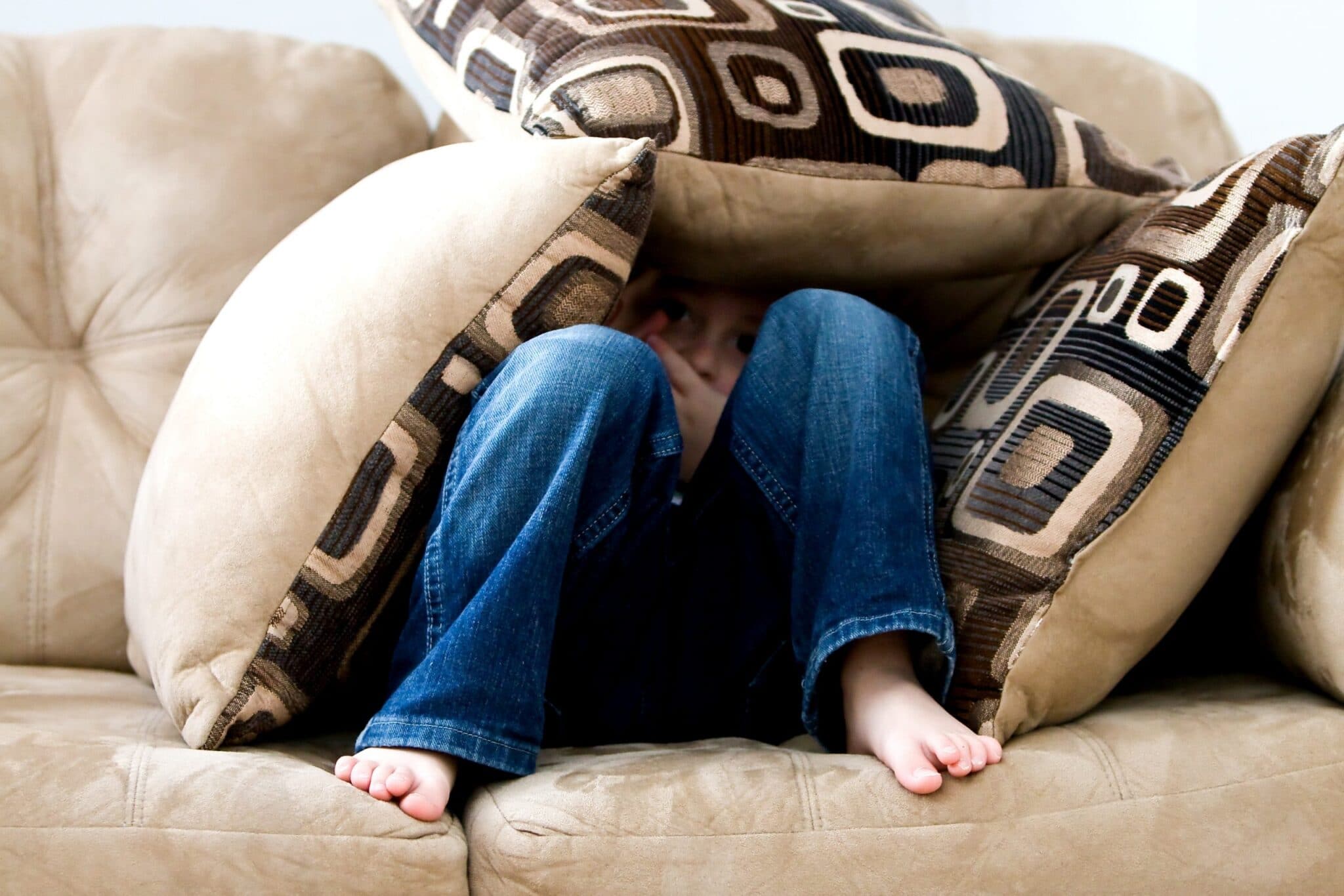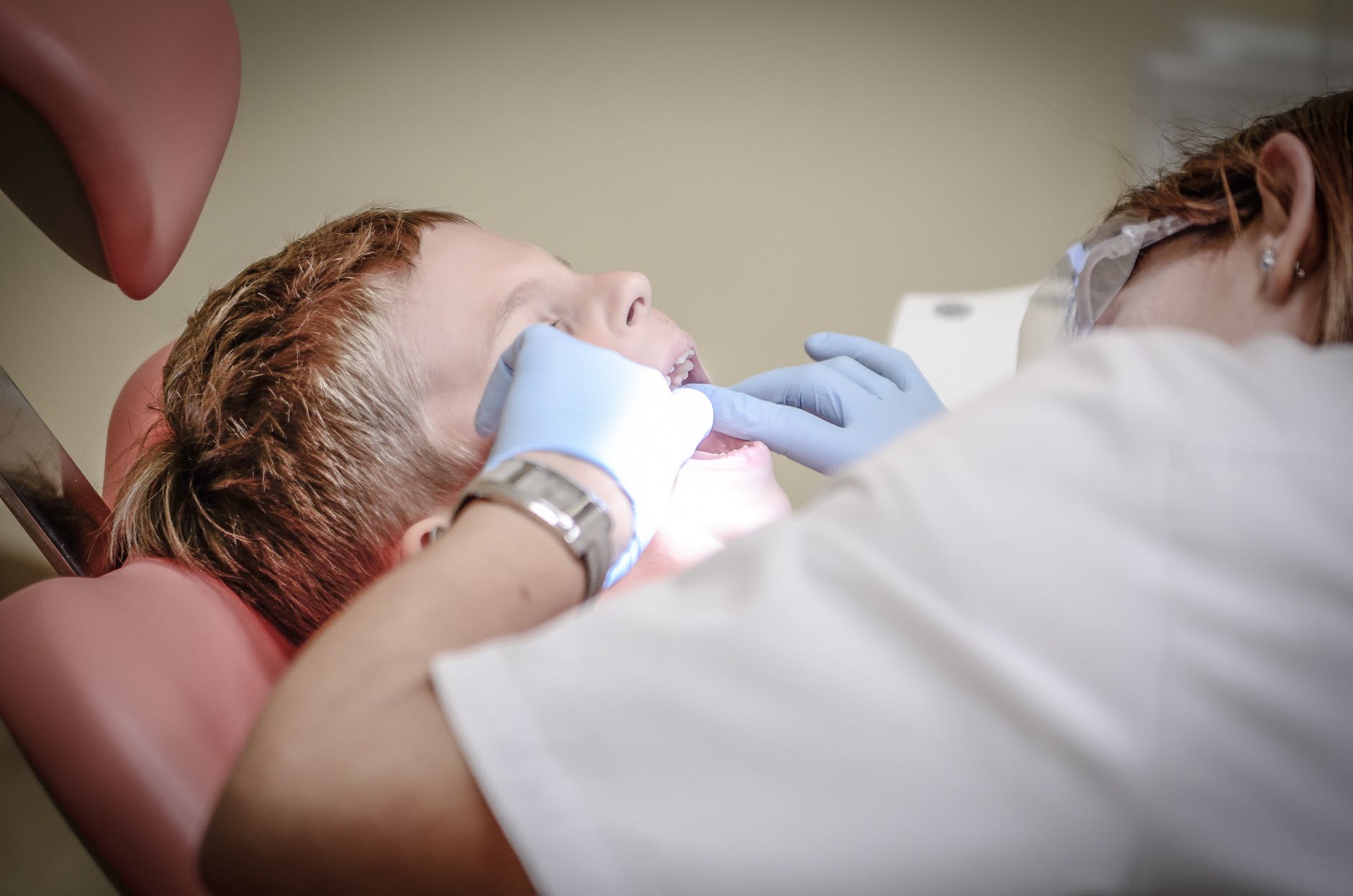As our kids grow, we tend to look back upon the treasured memories that we’ve shared with them. Christmases filled with laughter and merriment. Giggle fuelled Easter egg hunts. Birthdays shared with family and friends in delightful garden parties. Even something as quotidian as a long family walk in the park on a bright Sunday afternoon can make its way into our banks of treasured memories. Our greatest joy as parents is to build a library of treasured memories with our kids that we (and they) carry for the rest of our lives. Yet, while we love to reflect on these times, no parent can afford to just be there for the good stuff. We also need to be able to support our children through the foul weather as well as the fair.
Our kids come into the world knowing only love and happiness. We’ve had the luxury of curating their life experiences on their behalf. Sure, we’ve needed to discipline them from time to time and remind them where the boundaries are in a way that’s loving but firm. However, as they get older we become less and less able to shield them from the tragedies and inequities that are a part of living.
Here we walk a fine line. Parents need to be able to support their kids through hard times while also understanding that they need to develop their own emotional infrastructure for when life is less than fair. We don’t want to wrap our kids up in cotton wool. But we don’t want their bad experiences to traumatise them either. Here we’ll look at some difficult experiences your kids are likely to face… and how you can support them through it.
Moving home
Anyone who’s seen Disney / Pixar’s Inside Out will know just how potentially traumatic a move to a new home can be. Your kids can feel uprooted and isolated from their network of social and emotional support and validation outside the family unit. The film’s use of anthropomorphic cartoon characters to represent the emotions of it’s tweenage protagonist Riley does a great job of explaining her developing psychology in this tumultuous time.
Yet, while moving to a new town, state or even country can be challenging for a young mind, parents can be invaluable in re-framing the move as a positive thing. They can help kids to see the value in the benefits and help mitigate the losses.
It’s up to you to show them that your move is not the end of anything. That though they move to a new school, make new friends and find new hobbies and interests, their relationship with their old friends will continue.
If possible, take them to visit their new home and show them cool places like cinemas, restaurants and parks that you know they’d like. Encourage them to research teams and societies that they can join to further their hobbies and interests in their new home. Do all that you can to build up a sense of excitement and anticipation around the move. When you’ve settled in your new home, plan trips to old haunts and hangouts that you know they’ll miss where possible. Or arrange visits and sleepovers with their friends from their old home.
Eventually, they’ll see that moving home is an inevitable and normal part of life. But that doesn’t mean their lives need to be turned upside down.
Bullying
Kids don’t always tell their parents if they’re being bullied at school. Instead, they’re more likely to try and get out of going to school, complaining of feeling sick. Their anxiety around school and bullying may even manifest as physical illness or even self-harming behaviours. One telling behaviour is if kids rush to go to the toilet as soon as they return home from school. Bathrooms only have one way in or out making them key spots for bullies to operate. As such, kids may avoid visiting the toilet all day.
As tempting as it may be- avoid solving the problem for them. Give them the opportunity to talk about their experiences, how they’ve been made to feel and what they think you should do about it. While your first instinct may be to get your child to point out the kid that’s bullying them upon which you dangle them out of a fourth storey window… this is not advisable for all kinds of reasons.
Kids are terrified of reprisals from telling parents and teachers about bullying. Fortunately, schools are well equipped to monitor kids and remove the circumstances under which bullying can occur. Parentinfo.org has some useful advice on how to talk with your child’s school about bullying. They can implement measures to create distance between your child and bullies that don’t place your child in further danger.
Falling out with a friend
Your child’s friendship group is an important part of their social support network outside of the family. It’s through their relationship with their friends that they’re able to build confidence and self-belief. Friendship helps them to develop their own emotional infrastructure and they will define themselves, at least to some extent, by their relationships with their peers.
As such, when they fall out with their friends, it can be as devastating to them as a romantic breakup (don’t worry, we’ll get to those).
It’s important to listen, sympathise and be empathetic here. But at the same time, it’s important to challenge them if they feel that they are portraying themselves as a victim. Unless the other party has done something to wrong your child, it’s important to try and be objective. There are two sides to every story and encouraging them to frame themselves as victims won’t benefit them in the long run. Encourage them to consider their own accountability for the falling out without blame.
By all means talk about ways in which they might be able to reconcile and repair the friendship. However, you should also help them to identify toxic friendships and encourage them to let go of people who are misusing them under the guise of friendship.
Going to the doctor / dentist
Self care is extremely important for all of us. That’s why we go to such lengths to ensure that our kids always have access to delicious plant-based meals that are loaded with vitamins, minerals, protein and fibre. But a big part of self care is deferring to medical professionals. However, many children are affected by a crippling sense of fear when it comes to visiting doctors, dentists and other health professionals. Especially dentists.
Fail to deal with these anxieties correctly and they can continue well into adulthood.
Many kids fear pain, discomfort or admonition when they visit the dentist, doctor or other health professional. Some tips for easing anxiety and discomfort might include;
- Starting exposure at a young age. This will help to normalise the experience.
- Don’t deceive kids. But don’t cause them unnecessary anxiety by telling them in great and gory detail what’s going to happen in their visit. Keep it simple, light and positive where possible.
- As tempting as it may be to share your own “war stories with them” this can cause them undue anxiety and should be avoided.
- Avoid the temptation to offer treats as a reward for going to the dentist or doctor. Self care is its own reward. However, by all means plan something fun to do afterwards to give your child something to look forward to.
- Choose a specialist children's dentist such as Kaleidoscope Kids Dentistry or similar in your local area.
Their first heartbreak
Each of us remembers our first love. And no matter how old we get- even when we find and settle down with the true love of our lives- we keenly remember the sting of that first heartbreak.
As relationships come and go over the years, we can forget what it’s like to experience it all for the first time. We forget how raw everything feels in that first romance, and how earth shattering it can feel when that formative relationship draws to a close. Children develop crushes on their peers and begin dating at lots of different ages. Even when kids are well into their teens, the loss of a romantic relationship can be incredibly raw- resulting in profound and prolonged periods of sadness.
Again, there’s a fine line to be walked here. You should validate your youngster’s emotions. Don’t tell them to just “get over it” or that they’ll be over their lost love before they know it. Encourage them to learn from their experience and accept the grieving process as part of their path to healing. Encourage them to think twice before rushing to social media for catharsis. If possible, try to arrange some activities to enjoy as a family. Not just as a distraction- but to lend them some perspective on their heartbreak and remind them that they have a lot of great stuff in their loves, even though the world feels like it’s crumbling all around them.
A big part of being a parent is accepting that things will be sent to challenge you and your child. Supporting them through the hard times will enable you to share more fully in the good!





















Leave a Reply